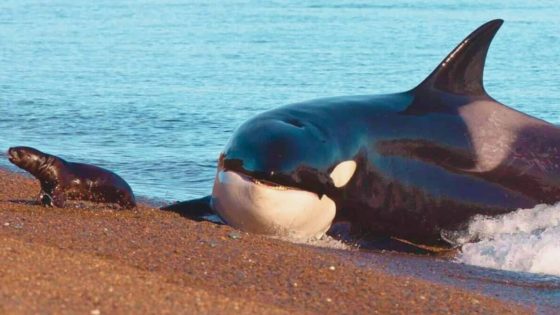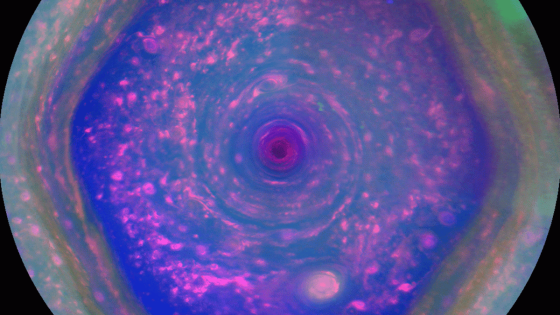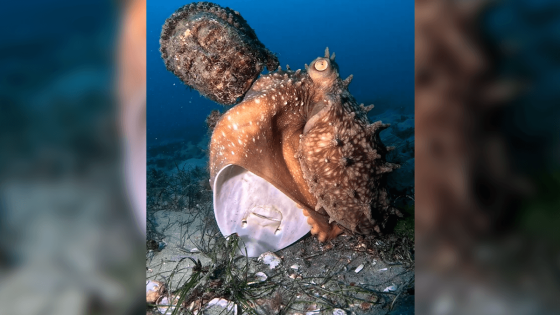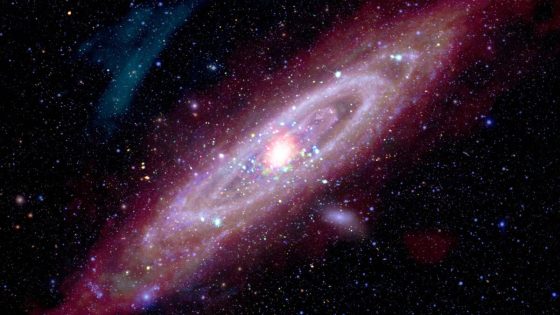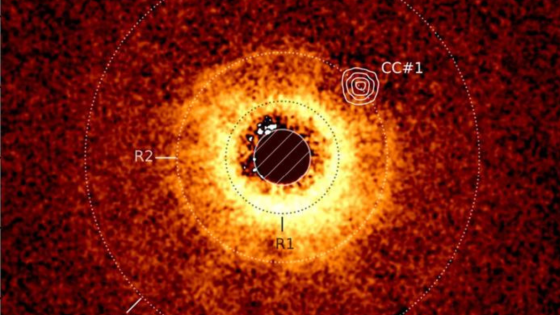Dolphins and orcas have reached a critical juncture in their evolutionary journey, making life on land biologically impossible. Recent research highlights that these remarkable marine mammals, once land-dwellers, are now permanently adapted to ocean life.
- Dolphins and orcas evolved from land-dwellers.
- Transition to aquatic life is irreversible.
- Specializations aid survival but limit adaptability.
- Climate change threatens marine ecosystems.
- Extreme specialization poses survival risks.
Published on July 5, 2025, this groundbreaking study examined over 5,600 mammal species, revealing that the transition from semi-aquatic to fully aquatic is irreversible. The research, led by Bruna Farina from the University of Fribourg, underscores the profound changes dolphins and orcas have undergone over millions of years.
This raises an important question: what does extreme specialization mean for these species in a changing environment? While their adaptations enable them to thrive in the ocean, they also limit their ability to adapt to new challenges.
- Specialized limbs and diets enhance survival but reduce adaptability.
- Extreme specialization makes dolphins and orcas vulnerable to environmental changes.
- Climate change and pollution threaten their marine ecosystems.
As we advance our understanding of these fascinating creatures, it’s crucial to advocate for the health of marine ecosystems, ensuring that dolphins and orcas continue to thrive in their ocean home.



